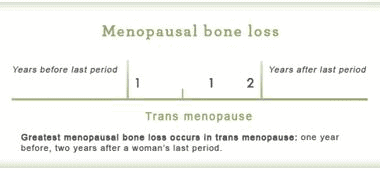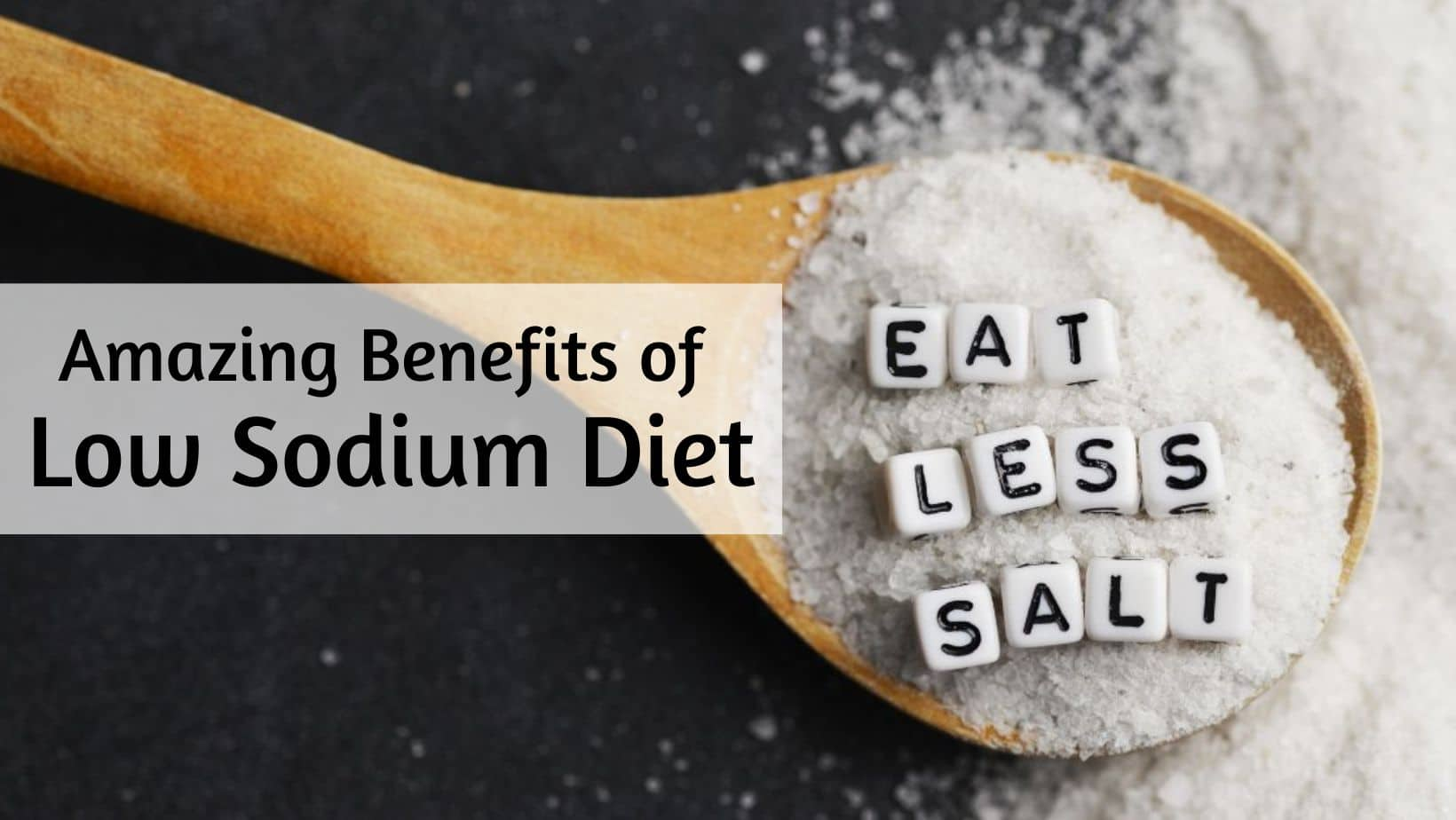Hypertension is a medical disorder in which the blood pressure is raised to high levels. Another name for Hypertension is high blood pressure.
It can lead to severe health complications and increase the risk of heart disease, stroke, and sometimes death if uncontrolled.
Some patients who have hypertension have been known to have aneurysms as well, and this can lead to serious kidney problems.
A person suffering from diabetes is also at risk of developing hypertension. This is because the blood pressure level is usually higher than 130/80.
In Addition, High blood pressure doesn’t just come up. It takes several years to develop and mostly affects nearly everyone.
What determines if I will have Hypertension?
There are a number of factors that will determine the risk of you getting hypertension. They include:
Age: Age is one of the primary factors. It has been observed that older people have a higher likelihood of developing hypertension compared to those that are young.
Genetics ( family history): High blood pressure can be an issue of hereditary. If any of your parents or family members experienced it, then you are likely to have it because you may have inherited it.
Too much salt(sodium) intake: Individuals who consume excessive amounts of salt are greatly at risk because their body at that state can easily retain fluid.
Not enough potassium in your diet: Potassium helps balance the amount of sodium(salt) in your cells. If you don’t get enough potassium from your daily diet or retain enough potassium, you may accumulate too much sodium(salt) in your blood which in turn affects heart health.
Not Being Physically Active: People who live a sedentary lifestyle and don’t get sufficient amounts of exercise may also have a high risk of getting hypertension.
Too much alcohol consumption: Drinking a large amount of alcohol regularly can cause damage to your heart which may affect your blood pressure.
You can also read about the Harmful Effects of Alcohol
Cigarettes or Tobacco use: The use of cigarettes also play a role to determine if you will have hypertension. Smoking or chewing tobacco can instantly raise your blood pressure at that moment. The chemicals in tobacco can damage the lining of your artery walls. Therefore, causing your arteries to narrow and increase your risk of heart disease.
Obesity: People who are obese are more likely to have hypertension. This is because the more you weigh the more blood you need to supply oxygen and nutrients to your tissues. As the volume of blood circulated through your blood vessels increases, so does the pressure on your artery walls.
Click the link to know more about How to Lose Excessive Weight in Two Weeks
Stress: High levels of stress can lead to a temporary increase in blood pressure. If you try to relax by eating more, using tobacco or drinking alcohol, you may only increase problems with high blood pressure.
Race: High blood pressure is particularly common among people of African heritage, often developing at an earlier age than it does in whites. Serious health complications, such as stroke, heart attack, and kidney failure, also are more common in people of African heritage.
long-term sleep deprivation: People who sleep five hours or less a night may be at higher risk of developing high blood pressure or worsening already high blood pressure. There’s also an increased risk of high blood pressure for people who sleep between five and six hours a night.
Too much saturated fat in your diet: Your body uses saturated fat to make cholesterol, therefore, eating too much saturated fat will raise your cholesterol level. And Too much cholesterol can raise your risk of heart disease, stroke and trigger your blood pressure to raise.
You can learn more about How to reduce your cholesterol naturally
Certain chronic conditions: Certain chronic conditions also may increase your risk of high blood pressure, such as kidney disease, diabetes and sleep apnea.
Click the link to read more about diabetes and how to lower your blood sugar levels naturally
Pregnancy: Some pregnancies can cause high blood pressure. Although young women don’t generally have high levels of blood pressure but will get hypertension during pregnancy. Read more about pregnancy risk in women
You can also read about Best foods for heart health
Symptoms of hypertension
Hypertension is a condition that produces virtually no symptoms. A few people with this disorder may have:
- headaches
- blur vision
- shortness of breath
- nosebleeds
- flushing
- dizziness
- chest pain
- blood in the urine
These signs and symptoms, however, aren’t specific and usually don’t occur until high blood pressure has reached a severe or life-threatening stage which is also called the advanced stage.
Advanced levels of hypertension can also cause kidney failure, and this is one of the most serious symptoms.
Types and Causes of High Blood Pressure
There are two types of hypertension namely primary and secondary hypertension. Each type has a different cause.
Primary hypertension
This can also be referred to as essential hypertension. This kind of hypertension develops over time with no identifiable cause. Many people have this type of high blood pressure.
Researchers are still not clear about what causes blood pressure to slowly increase. However, scientists and researchers mentioned that a combination of some factors may play a role. These factors include:
Genes: A few people are genetically predisposed to hypertension. This may be from gene mutations or genetic abnormalities inherited from your parents.
Physical changes: Any change that occurs in your body no matter how little it appears may cause you to experience issues throughout your body. High blood pressure may just be one of those issues. For example, it’s thought that changes in your kidney function due to aging may upset the body’s natural balance of salts and fluid. This change may cause your body’s blood pressure to increase.
Environment: This is another cause of this disorder.Over time, unhealthy lifestyle choices like lack or irregular excercise and poor diet can become a contributing factor and affect your body. Lifestyle choices can lead to overweight. Being overweight or obese can increase your risk for hypertension.
Secondary hypertension
This type often occurs quickly and can become more severe than primary hypertension. Several conditions that may cause secondary hypertension include:
- congenital heart defects
- problems with your thyroid
- side effects of medications
- use of illegal drugs
- alcohol abuse or chronic use
- obstructive sleep apnea
- adrenal gland problems
- kidney disease
- certain endocrine tumors
Summary
High blood pressure or hypertension is a major public health problem that affects many Adults. According to the American Heart Association, an estimated one in every three U.S. adults have high blood pressure.
There are several factors that can determine if you will have this disorder namely; age, race, genes, obesity, and many others.
The two types of high blood pressure are primary hypertension and secondary hypertension and each has a unique cause. However, high blood pressure is not a disease perse but a gateway through which other sicknesses crips in.
Therefore it is important to diagnose and know your status and then proceed for treatment afterward. ( Read more about Hypertension, diagnosis and treatment)










